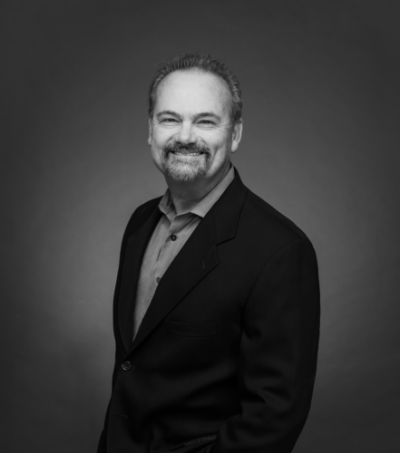The dangerous right to be human: Lost kindness (pt 2)
Love is kind (1 Corinthians 13:4)
My work as a psychologist includes the dark tragedy of suicide. Patients who have taken their lives still haunt my thoughts.

One man was unusual. I saw him only once. Three days later, he took his life. We met on a Friday. He was smartly dressed in a suit and tie. He spoke eloquently. He was a successful attorney who lauded his education and work status. But his tone that day was flat, his words dark. He lamented a life into which he had fallen, which he described as “sexual perversion, drugs, and alcohol.”
He reflected on the contrast between his life and the life of his childhood. He described his parents as “kind, gentle people who didn’t raise me to be this way.” He turned and gazed out the window, lost in self-reflection, trapped between the life he had chosen and the kindness modeled to him by his Christian parents.
I thought of the irony. An attorney dedicated to defending human rights, only to be enslaved to choices too heavy to bear.
I thought of my own journey. I too had parents who were kind and gave me the freedom to “find myself.” But my failures greatly outweighed my personal rights and purist for self-discovery. Failures as a teenager, man, husband and human! My human rights never felt kind when following my own will and wisdom.
What was the kindness that both the attorney and I had lost, in our quest for our personal rights?
When Paul wrote “love is kind,” was it the quality of kindness my patient had described in my office? What makes kindness one of love’s essential attributes?
As used by the apostle Paul, the word ‘kind’ has a rich history. In the original Greek, kind translates the word “chrestos”, meaning something of excellence. When used to describe people, it meant ‘decent,’ ‘morally upright’ or ‘gentle.’
Jesus used the word chrestos when he said, “My yoke is easy (chrestos), and my burden is light.” (Matthew 11:29). Jesus meant the love he offers us is ‘worthy,’ ‘decent’ and ‘gentle.’ He’s implying that the world’s love can be incongruent, inconsistent, and challenging – not always gentle or decent.
I believe that’s what my patient the attorney was trying to describe. He had left the kindness of his parents – love that was light, decent, and gentle. In exchange, he’d taken on a life that was dark and heavy – too heavy to bear.
Sin is a hefty load. It is cruel, unforgiving, and oppressive. It creates anger, resentment, and roughness of life that burdens the soul. Quickly it can become too heavy to carry.
But Jesus is kind. He invites us all to follow him under his “easy yoke” to experience the love of God through his kindness.
Last week I wrote an op-ed for The Christian Post entitled, “The Dangerous Right to be Human,” a controversial piece to challenge one’s thinking about our human rights and personal freedom. At the end of the article I asked this question:
During the next four years, new social programs will be developed and implemented by the Biden presidency. Will it be good for our self-esteem and personal identity? Or, like the Group Home, will it throw us out the window because we have lost our identity?
Here is my answer.
Nothing can separate us from the love of God (Romans 8:38-39), whether ruled by Republicans, Democrats or Socialists. Not the burdens of my foolish decisions, delusions of self-righteousness, or most grievous sin regardless of my human rights.
Our identity is in Christ and our citizenship is in heaven (Philippians 3:20). To those who believe in Jesus “he gives the right to become children of God (John 1:12), a hope that is an anchor for the soul, firm and secure (Hebrews 6:19). A yoke easy, a burden light and freedom of peace that surpasses understanding. (Philippians 4:7)
Dr. David Zuccolotto is a former pastor and clinical psychologist. For 35 years he has worked for hospitals, addiction treatment centers, outpatient clinics and private practice. He is the author of The Love of God: A 70 Day Journey of Forgiveness.




















